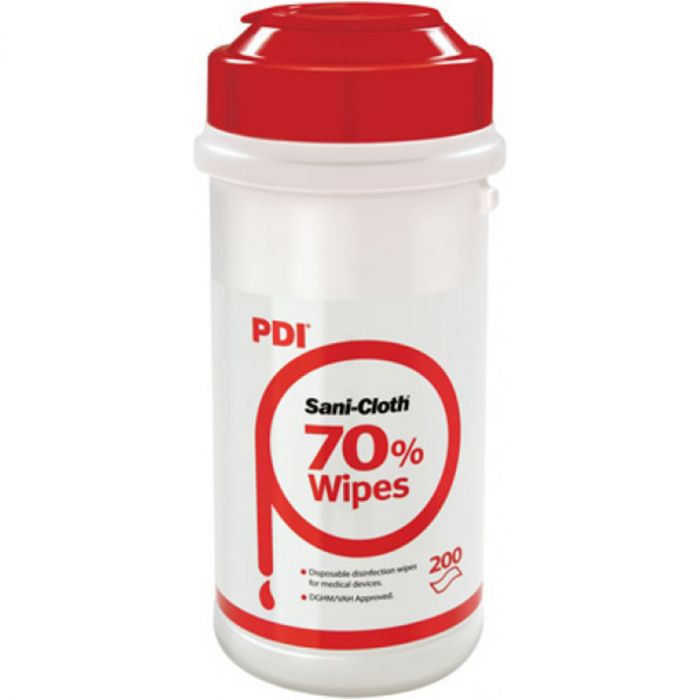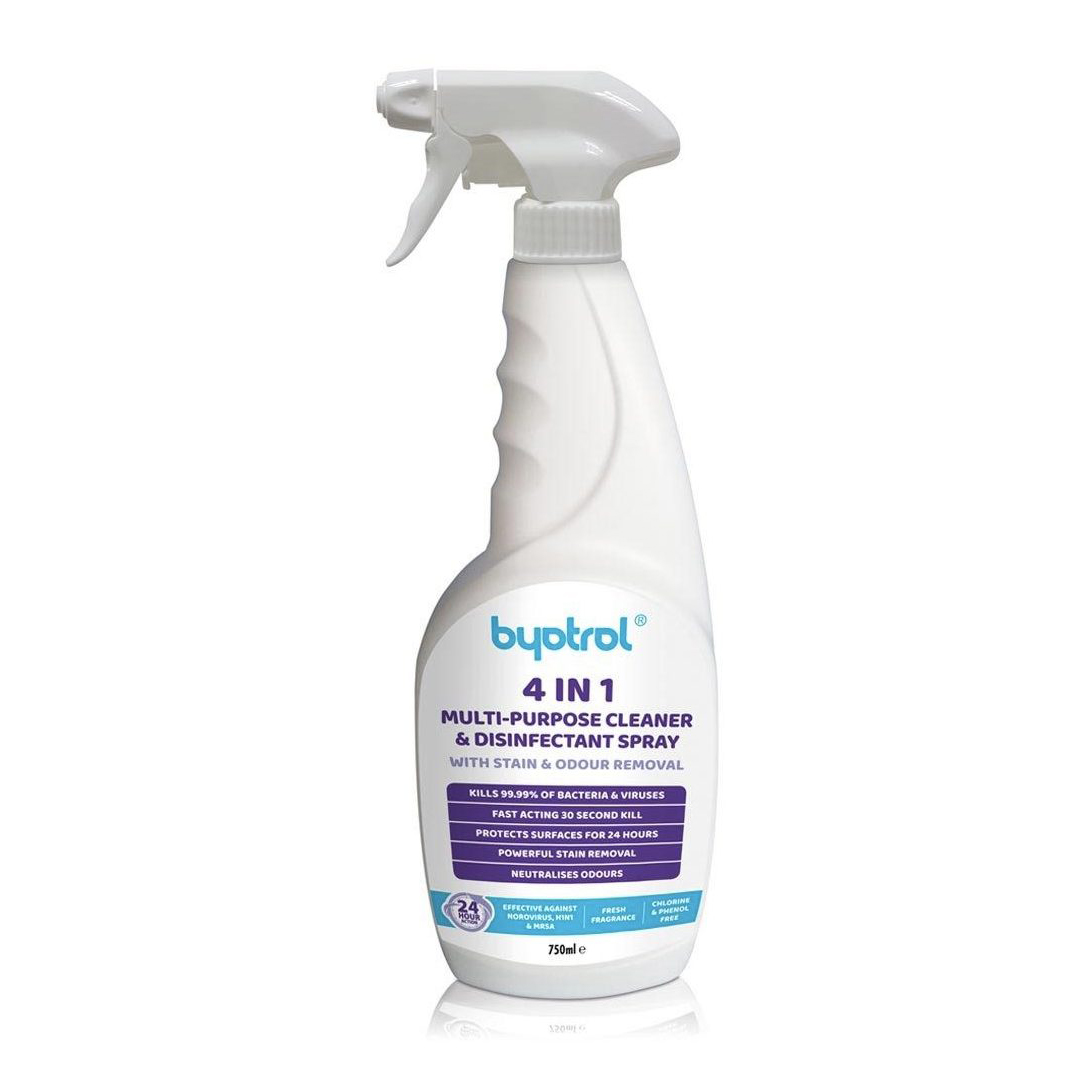What is an Induction Hob?
An induction hob is a type of stovetop used in contemporary kitchens. Powered by electricity, induction hobs heat the base of the pan directly through a magnetic circuit. Unlike traditional gas and electric hobs, induction hobs do not heat the hob surface and only heat the cookware, reducing energy usage. Since the surface itself never heats up, induction hobs are safer for both professional and family kitchens.
With household gas prices rising to unprecedented levels, many families are replacing traditional gas burning stoves with eco-friendlier induction hobs whist kitchen designers are seeing an increased demand to feature Induction Stovetops.
Induction hobs heat the pan, not the stove.
What’s the difference between Induction and Gas Hobs?
If you’re fitting a new kitchen, you may be wondering what kind of hob to choose.
Whilst the Installation of induction hobs can be more expensive than traditional alternatives, they are the most energy-efficient and cheaper to run long-term.
Induction hobs offer more precise temperate settings, unlike gas hobs, where it’s harder to choose an appropriate level of heat. This means an induction hob provides better control over how hot your pan is, reducing the risk of overcooking and making it easier to nail tricky dishes like risotto.
Are Induction Hobs safer than Gas Hobs?
When it comes to safety, induction hobs come out on top. With no open flame, the risk of burns or a fire is much lower.
Induction hobs also have several safety features that further reduce the chance of something going wrong. For example, an induction hob will only turn on when it comes into contact with a magnetic pot or pan and the area surrounding the hob will remain cool to touch. This makes it the ideal choice for those with children, who could easily burn themselves if they touched an electric or gas element.

Is an Induction Hob faster than Gas and Electric?
Yes, it is! Cooking on an induction hob is much faster than using gas or electric. A pot of water on an induction hob will boil in half the time it would take on a gas hob.
If you’re new to cooking on an induction hob, you may be surprised by how quickly your pans become hot. Oil and fat in particular can become hot very quickly, so be sure to keep an eye on it to prevent overheating. You may also find it helpful to prepare your ingredients before heating the pan so they’re ready to go in before the pan gets too hot.
The speed with which induction hobs perform means you can often use a lower heat setting than you would with alternatives. Play around with the temperature, starting on a low heat and adjusting it as necessary.
Do you need special pans for an Induction Hob?
Not all pans are the same and using the wrong ones could affect how well your hob performs. The fact is that you do need special pans for an induction hob.
Induction cooking heats a pot or pan via electrical induction, instead of through thermal conduction from a flame or electric element. This results in heat coming from within the pan, making induction cooking a much more efficient choice than gas or electric hobs.
Due to the way induction hobs work, you’ll need to use specific cookware to get the best results.
What are Induction Pans?
Induction pans are those that can be used to cook safely and effectively on an induction stovetop. However, you’ll also find specific induction frying pans, saucepans and pan sets, designed to help you make the most out of your induction hob.
Cast iron and stainless steel cookware are induction compatible. This is because they have two necessary properties: they’re ferrous and magnetic.

Which pans don’t work on Induction Hobs?
Any pans made using non-magnetic materials won’t work on induction stovetops. The following kitchen materials are unsuitable for use with induction hobs:
- Cookware made just from glass, including Pyrex
- Cookware made from aluminium – unless it has a special induction-friendly base
- Copper
- Heavy ceramics
It’s also worth noting that, whilst cast iron pans are induction compatible, they are heavy and can scratch or damage the cooking surface if not used carefully.
Do aluminium pans work on induction hobs?
No, aluminium pans don’t work on induction hobs.
However, you might’ve noticed that some aluminium pans for sale are marketed as being induction-safe. This is because some premium cookware manufacturers have developed aluminium pans with a base made using a blend of induction-compatible metals.

Can you use stainless steel pans on an induction hob?
Most stainless steel pans are induction-safe.
However, since stainless steel is often mixed with a variety of non-magnetic materials, it’s occasionally incompatible with induction. If a steel pan has a high nickel content, for example, the magnetic field will be blocked.
Can you use normal pans on an induction hob?
If the pans you already had in your kitchen happen to be made using a magnetic metal, chances are you’ll be able to use them without any problems on your induction hob.
Stainless steel and iron pans should work effectively on an induction hob, regardless of their coating. If you’re new to cooking on induction, you might be unsure how to tell if a pan is induction friendly. Luckily, there are a few ways to check your pan.

How do you know if a pan is induction-safe?
Whether you’re shopping online or instore, it’s always worth knowing before you order. Here’s how you can check for induction compatibility:
- Induction-friendly pans have a distinctive symbol on their base that looks like a small coil of wire with four loops
- Since any induction pan needs to be magnetic, you could also test your pan by checking if a magnet – such as a fridge magnet – is attracted to it
- Most cookware manufacturers use clear labelling and product descriptions to indicate their compatibility
So, you’ll normally be able to tell quite quickly whether or not a pan is suitable for induction hobs – especially if it’s brand new.
What happens if I use the wrong pan on an induction hob?
If you accidentally try to start cooking on your induction hob with a pan that’s incompatible, don’t panic. You won’t cause any damage to your stovetop or your pan, but the burner itself simply won’t turn on, so your pan won’t get hot.
This is because any pan used on an induction hob must be made from or have a base that contains a magnetic material, which effectively completes the circuit within the hob
- Greenway Supplies
- September 12, 2023
- 6:21 pm
Archived Posts
- February 2024 (2)
- January 2024 (3)
- November 2023 (2)
- September 2023 (2)
- August 2023 (1)
- June 2023 (5)
- May 2023 (6)
- April 2023 (5)
- March 2023 (4)
- February 2023 (3)
- January 2023 (2)
- December 2022 (3)
- November 2022 (6)
- October 2022 (3)
- September 2022 (5)
- August 2022 (4)
- July 2022 (4)
- June 2022 (6)
- May 2022 (1)
- April 2022 (4)
- February 2022 (2)
- January 2022 (1)
- July 2021 (1)
- June 2021 (2)
Video/Blog Categories
- Bars (9)
- Blogs (42)
- Cleaning Supplies (22)
- Coffee Shop (5)
- Kitchen (23)
- Mops & Floor Hygiene (2)
- Uncategorized (1)




